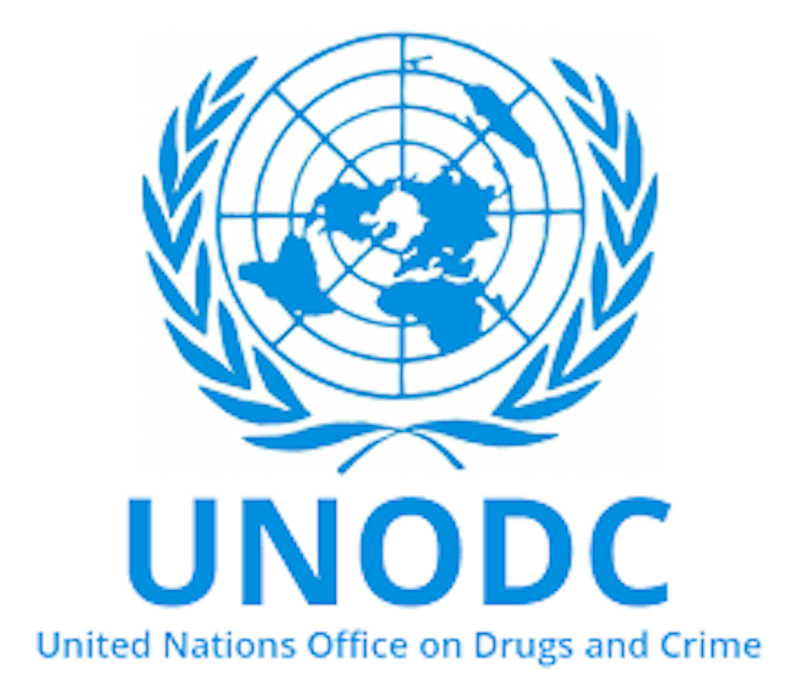2.8% in prisons, 1.4% in general population
Ndubuisi Francis in Abuja
Although Nigeria appears to be edging closer to controlling the HIV epidemic, people in Nigerian prisons are two times more likely to be living with the virus than people in the community, a National HIV Assessment study conducted by the United Nations Office for Drugs and Crime (UNODC) has revealed.
The study was under the leadership of the National Agency for the Control of Aids (NACA) and in cooperation with the Nigerian Prisons Service (NPS), the Federal Ministry of Health, Heartland Alliance International, the United States Agency for International Development (USAID) and the Joint United Nations Programme on HIV/AIDS (UNAIDS).
The study, which is a segment component of the broader Nigeria HIV and AIDS Indicator and Impact Survey (NAIIS), was conducted among 2,511 people in prison with the aim to provide reliable data on the prevalence of HIV/AIDS and tuberculosis, as well as on the availability of health services in prisons.
According to the study, the prevalence in prisons was 2.8 per cent compared to 1.4 per cent in the general population.
Covering 12 prisons across the six geopolitical zones of the country, the finding indicates that HIV prevalence is more than twice higher among women (6.9 per cent).
Generally, older people are more likely to live with HIV and tuberculosis and close to one out of six women aged 45 years or older is living with HIV.
Among the study population, 28 per cent of women and 76 per cent of men reported that consensual sex happened while in prison.
Injecting drug use is another high-risk factor and the study estimated that 2.5 per cent of people in prisons inject drugs.
This figure is up to 25 times higher than in the general population, according to a recent UNODC survey on drug use in Nigeria.
HIV and tuberculosis prevalence differ by regions.
Prisons in the North-central region had the highest HIV prevalence (7.1 per cent), while prisons in the Southern regions had the highest positive tuberculosis cases, with 71 per cent in South-south region and 63 per cent in South-east region.
Implementing prevention interventions in prison setting appear crucial, as well as improving the availability and quality of health services.
Less than 66 per cent of the respondents reported the availability of HIV testing, hepatitis prevention and treatment, sexual and reproductive health services and any harm reduction services.
Only 37 per cent of respondents were satisfied with the quality of services received at the prison health facility.
“Keeping communities at the centre of the HIV response, especially the most vulnerable and marginalised, such as people in prisons and other closed settings, is among the surest ways for Nigeria to leave no one behind in ending the AIDS epidemic as a public health threat by 2030,” said Dr. Erasmus Morah.
Underscoring the importance of the study by UNODC, Morah pointed out that, according to the new UNAIDS global AIDS update report, titled ‘Communities at the Centre’, launched in Eshowe, South Africa on Tuesday, 16 July 2019 by the Executive Director, a.i. of UNAIDS, Gunilla Carlsson, key populations and their sexual partners now account for more than half (54 per cent) of new HIV infections globally.
Key populations include people who inject drugs, gay men and other men who have sex with men, transgender people, sex workers and prisoners.
According to the report, less than 50 per cent of key populations were reached in 2018 with combination HIV prevention services in more than half of the countries that reported data.
A co-sponsor of the Joint United Nations Programme on HIV/AIDS (UNAIDS), UNODC is the convening agency for HIV prevention, treatment, care and support among people who use drugs and ensures access to comprehensive HIV services for people in prisons.
The UNODC global HIV programme supports countries to achieve universal access to comprehensive HIV prevention, treatment, care and support services for people who use drugs and for people in prisons.
UNODC supports governments and civil society organisations to implement large-scale and wide-ranging evidence-informed and human rights-based interventions.
UNODC is promoting the United Nations Standard Minimum Rules for the Treatment of Prisoners (The Nelson Mandela Rules) and its health-related rules, emphasising that the provision of health care for prisoners is a state responsibility; prisoners should enjoy the same standards of health care that are available in the community and should have access to necessary health-care services free of charge without discrimination on the grounds of their legal status.
UNODC’s work is aligned with the Sustainable Development Goals (SDGs) in particular.
SDG targets 3.3 to end AIDS by 2030 and the UNAIDS Fast-Track Strategy 2016-2021 that calls for a 75 per cent reduction of new HIV infections including among people who inject drugs by 2020.
Source: https://thisdaylive.com/index.php/2024/03/26/unodc-report-hiv-prevalence-in-nigerian-prisons-twice-national-average
